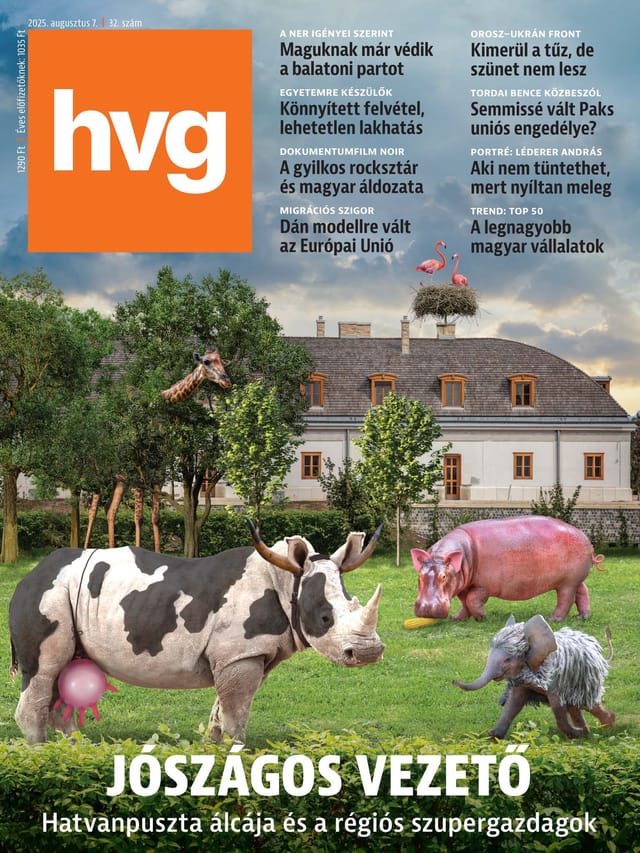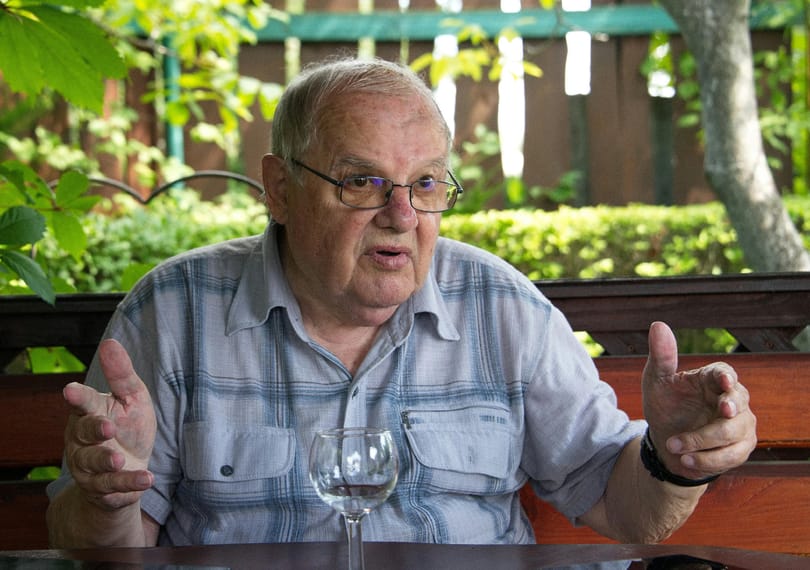It is clear that party allegiance will play a bigger role in this
year's local elections than ever before. Hungarian voters' party
allegiance, already strong by international standards, grew stronger
between 2002 and 2006, as is well shown by people's expectations for
the outcomes of the mayoral elections. The proportion of people who
regard a mayor's party allegiance as a major influence on their
decision has risen from 20 per cent to 27 per cent. Voters for the
coalition parties are more convinced by the argument that „the current
mayor should stay" (most mayors are from one of the coalition
parties), while opposition voters are more likely to think that the
winning candidate should have „a past free of failures."
In villages, most of the mayoral candidates are independents, which
fact reduces Fidesz's chances of victory, since Fidesz is most popular
in smaller towns. Since the parliamentary elections, the popularity of
the government parties has fallen by 15 percentage points in unitary
authority towns and by 12 percentage points in other provincial
cities. Fidesz has thus taken the lead in the cities. But Budapest
appears to be sticking to its guns: though aggregate support for the
Socialists and Free Democrats has fallen 6 per cent, citizens of the
capital are, along with the over-60s, the only social group where
coalition voters are in a majority.
Fidesz has a clear lead in villages and provincial cities. This makes
it likely that they will win majorities in more county councils. It is
also likely that most Fidesz councillors will hang on to their jobs.
The question is whether mayors from one of the coalition parties – who
tend to be much more popular than the government itself – will be able
to hang on. Personal popularity is likely to be more important for
mayoral elections than for council elections, where most voters vote
on party lines. If this proves to be the case, there may be many cases
of cohabitation in the provinces, with Free Democrat or Socialist
mayors and opposition councils.
In Budapest, reigning mayor Gabor Demszky's lead over Istvan Tarlos
has fallen significantly since mid-September. Demszky's overall
support has fallen from 38 per cent to 31 per cent, while support for
Tarlos, an independent candidate with Fidesz backing, has risen from
25 per cent to 29 per cent. The result on the city council also looks
to be tight: 40 per cent of certain voters intend to vote for the
Socialists, 40 per cent for Fidesz, 10 per cent for the Free Democrats
and 6 per cent for the Hungarian Democratic Forum. Of the
extra-parliamentary parties, the far-right Hungarian Truth and Life
Party (MIEP) has a chance of passing the 5 per cent threshold. It
currently stands at 4 per cent.
ESZTER BAKONYI - GERGELY KARÁCSONY
Party or personality?
It is impossible to forecast accurately the outcome of the localelections. Nor is it clear how Gyurcsany's leaked speech to SocialistMPs will affect public opinion. But certain trends do emerge from aMedian poll conducted for HVG over the past few weeks.

Publicus: tovább nőtt a Tisza Párt előnye a Fidesszel szemben
Orbánt a példaképének tekinti, Trump híve volt a vámvitáig – nagyot nyerhet vele a populizmus Közép-Európában
Jön egy kis szünet a kánikulában, de utána ismét brutális hőség vár ránk
Orbán és a Habsburgok politikai szimbiózisa – a Der Standard exkluzív összeállítása
Jachtvásárlásra, szvingerklubra, alpakákra jutott az EU-pénzből? – Áll a bál Lengyelországban
Óriási vita tört ki Lengyelországban néhány igazából jelentéktelen uniós támogatási tétel miatt.
Több dolog miatt is kilógnak régiós társaik közül a magyar szupergazdagok
Mit tegyünk, ha gonosz erők irányítják az országunkat?
Zelenszkij: Értjük, mit akarnak az oroszok, megpróbálják átverni Amerikát
RTL: Orvosi köpenyből félmilliós szoknya – így jutott a csúcsra Várkonyi Andrea
Erős földrengés rázta meg Törökország északnyugati részét, 16 épület összedőlt
Matolcsytól kért pénzt fia egyesületének az MNB felügyelőbizottsági tagja
Megbocsátani sohasem fogok – angliai életéről vallott Ágoston László operaénekes-marketinges
Boomer a Szigeten, azaz hosszú út a rocktól a technóig és vissza
A Sziget VIP-részlegében bukkant fel Anya Taylor-Joy és férje
„Gáza éhenhal” – tiltakozó felirat került ki a Széll Kálmán térre
„Halálosan unottan indultam neki, de mindig megerőltettem magam” – randifásultságba süppednek az online ismerkedő tömegek
Bige László fia belépett egy Tisza Szigetbe
Bige Dávid azt mondta, havi tízezer forinttal támogatja a pártot
Orbán Viktor szerint akinek nincs lakása, az nem polgár
Szeptember 20-ra nagy találkozót hirdetett a Digitális Polgári Köröknek.














